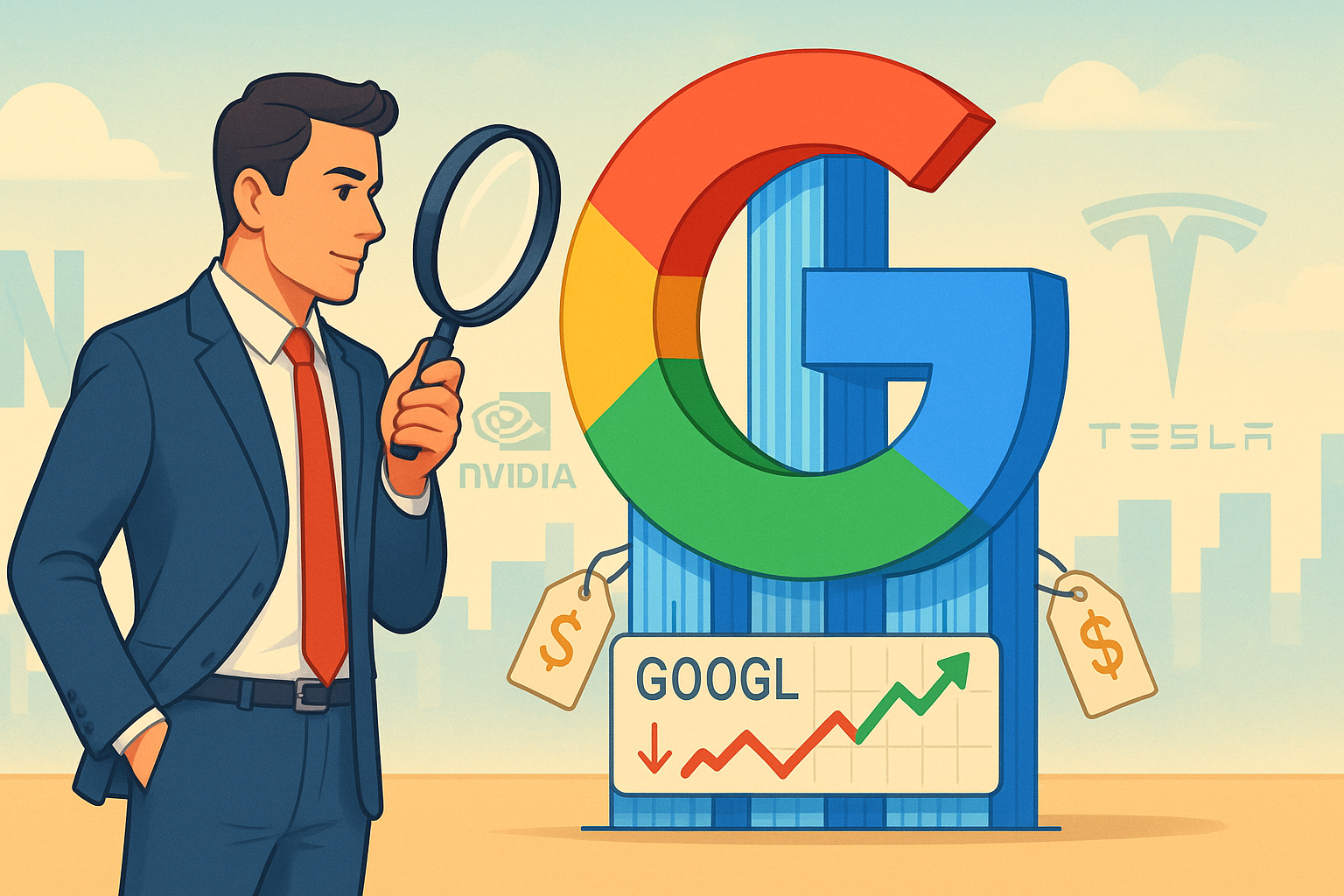OpenAI just face-planted. There's really no nicer way to put it.
The company that had techies breathlessly speculating about artificial general intelligence and the coming singularity just released a frontier model that—how do I say this politely?—can't count the number of grandkids in a family photo. Not exactly the digital revolution we were promised over all those venture capital dinners in San Francisco.
Meanwhile, Google's sitting in the corner, quietly crushing it with Genie 3. Nobody's even close to matching them on world models. And having covered AI developments since the early AlphaGo days, I can tell you that Google catching up to (or straight-up surpassing) OpenAI on the intelligence front feels about as inevitable as your phone battery dying during an important call.
Look, I know "Google is undervalued" think pieces are a dime a dozen—the financial equivalent of discovering that water is, in fact, wet—but sometimes the obvious observations are staring us in the face for a reason.
Let's talk numbers.
If OpenAI commands a $500 billion valuation (seriously? for a company whose flagship product just belly-flopped into the shallow end?), then DeepMind must be worth at least that much. Remember when Google acquired DeepMind for roughly $500 million back in 2014? That might go down as the greatest tech bargain since... well, since Google bought YouTube for $1.65 billion, which everyone thought was outrageous at the time.
Speaking of YouTube—if Netflix warrants a $500 billion valuation, then YouTube easily deserves $700 billion. At minimum.
Then there's Search. The crown jewel. The money printer. Worth $1-2 trillion all by itself.
And we're already approaching Google's current $2.5 trillion market cap. But wait! There's more! (Sorry, couldn't resist the infomercial callback.)
Google Cloud? That's another $300+ billion based on current revenue trajectories.
Their tensor chip technology—AI-specific compute that's giving Nvidia a run for its money? I've spoken with semiconductor analysts who struggle to even put a price tag on that potential.
And Waymo? If Tesla commands a trillion-dollar valuation partly on self-driving promises, Waymo should be worth $100-200 billion, conservatively.
I haven't even touched Android/Google Play. Or the entire G-Suite ecosystem that powers half the world's businesses and schools.
The disconnect here is jarring. Google competes with—and often outperforms—virtually every major tech company in their own backyards. This isn't like Microsoft launching Bing as a half-hearted search competitor. Google builds products that people actually choose over incumbents. (I wrote this article using Google Docs, not Word, which tells you something.)
Yet the market continues to value Google primarily as an advertising business with some expensive side hobbies—like viewing Amazon as just an online bookstore that dabbles in hosting websites.
There's the regulatory risk, sure. The potential for Google getting broken up looms large. But here's the twist—that might actually be the best thing that could happen to investors. Forcing the market to value each piece individually could unlock tremendous value. It wouldn't shock me if a post-breakup Google actually made shareholders richer, not poorer, at least initially.
Is Google perfect? Hell no. Their product graveyard is the size of a small country. Their ability to monetize anything beyond search remains... questionable. The regulatory headaches would put a migraine to shame.
But at current valuations, you're essentially getting free lottery tickets for multiple trillion-dollar businesses.
Sometimes—not always, but sometimes—the obvious investment thesis is the right one. You probably don't own enough Google stock. I certainly don't.
